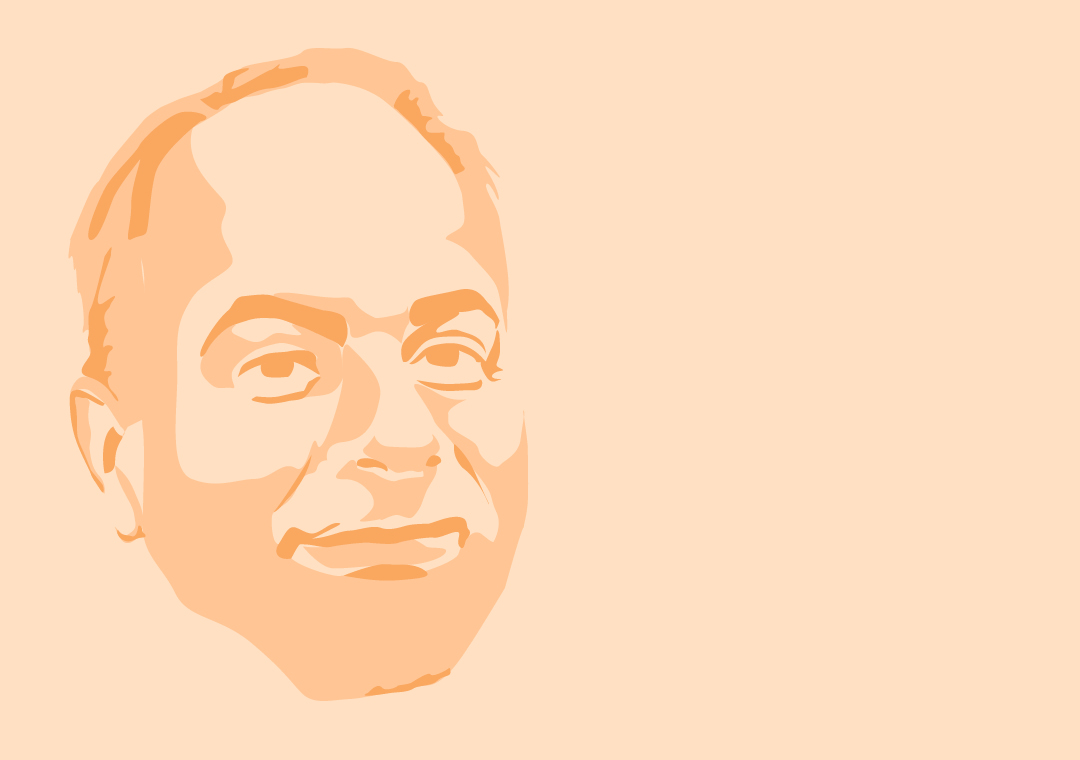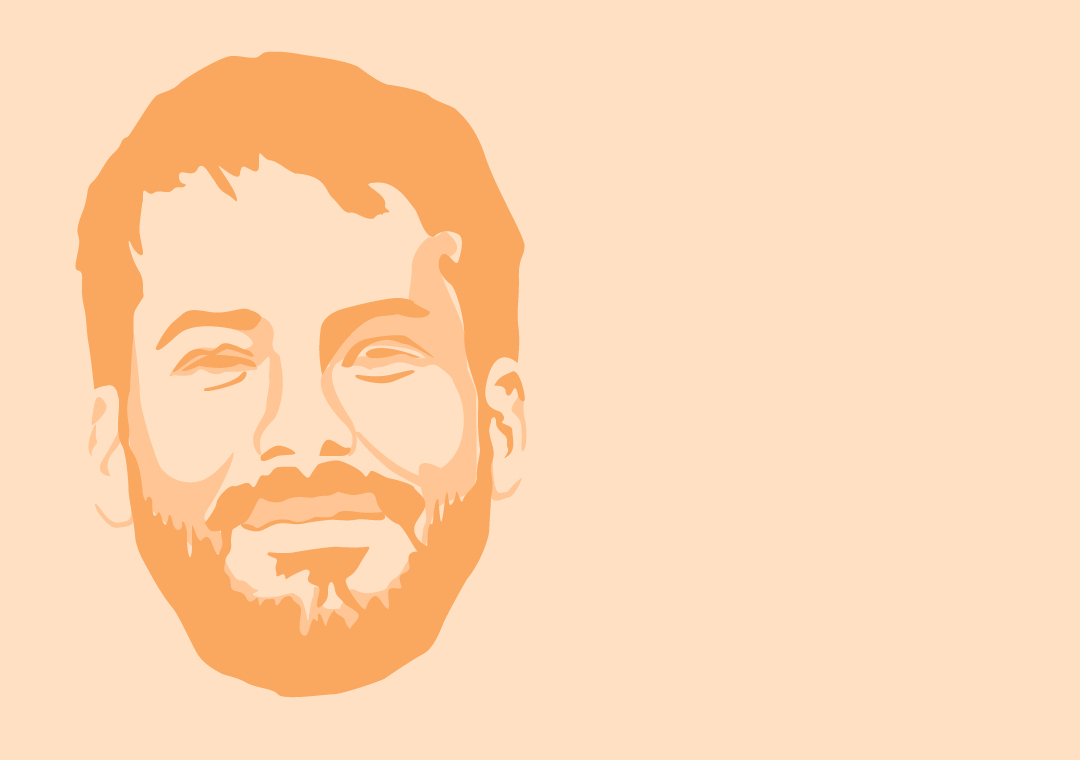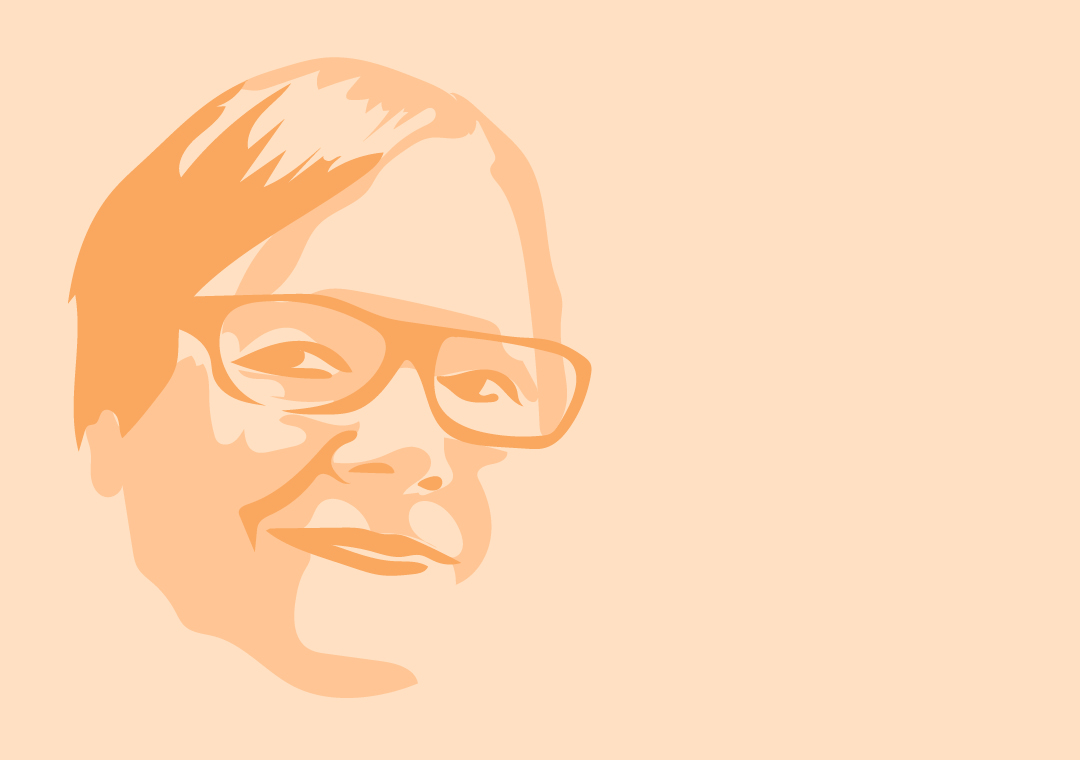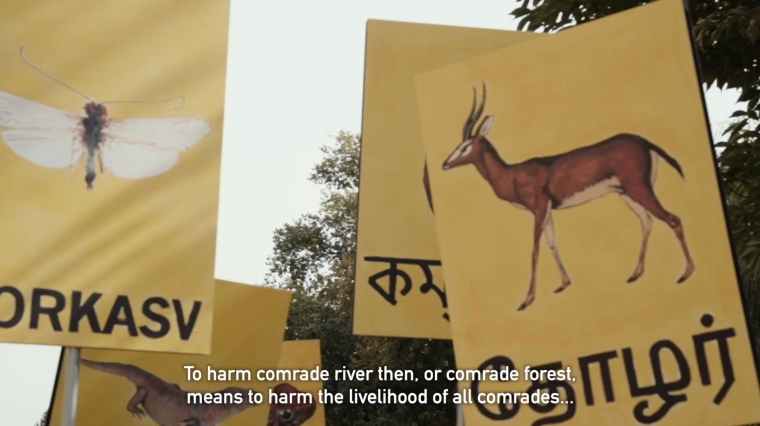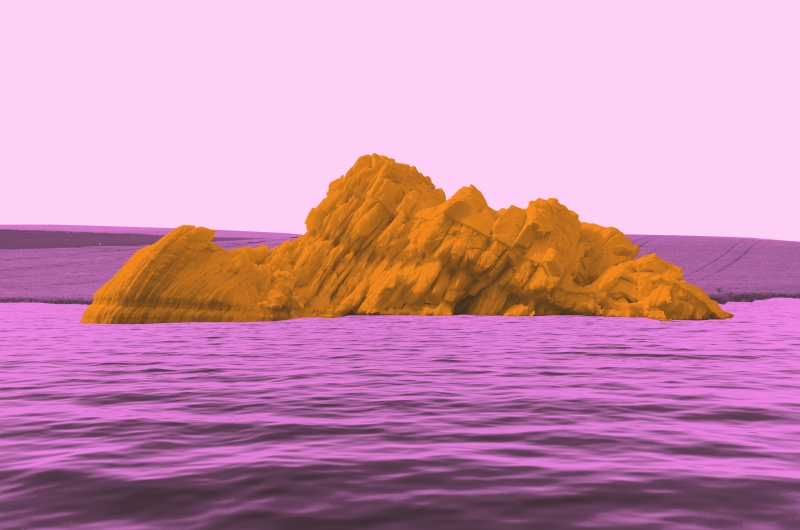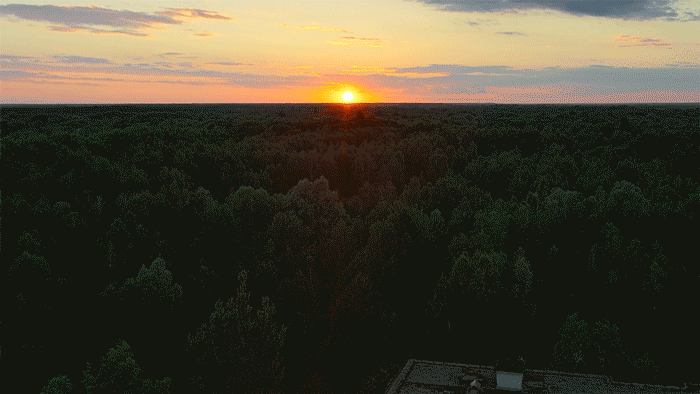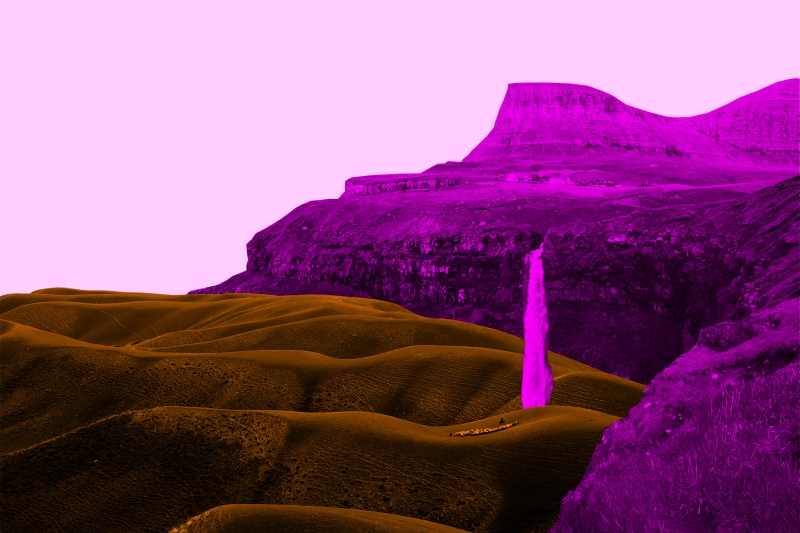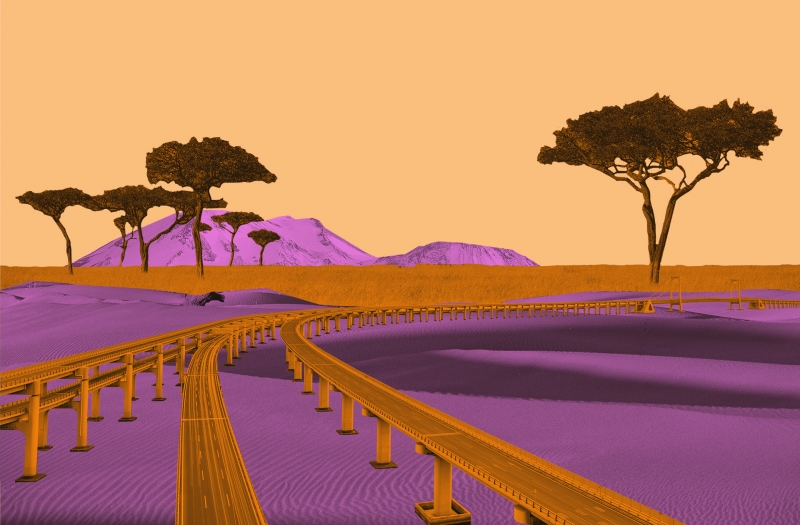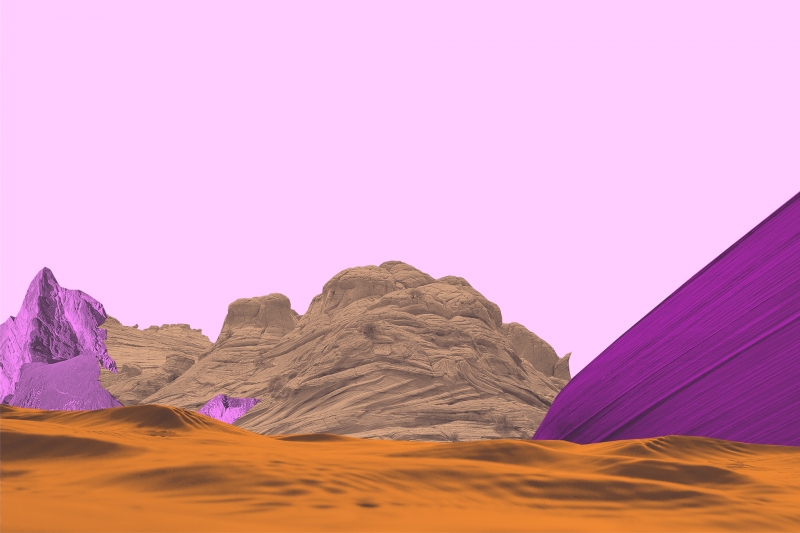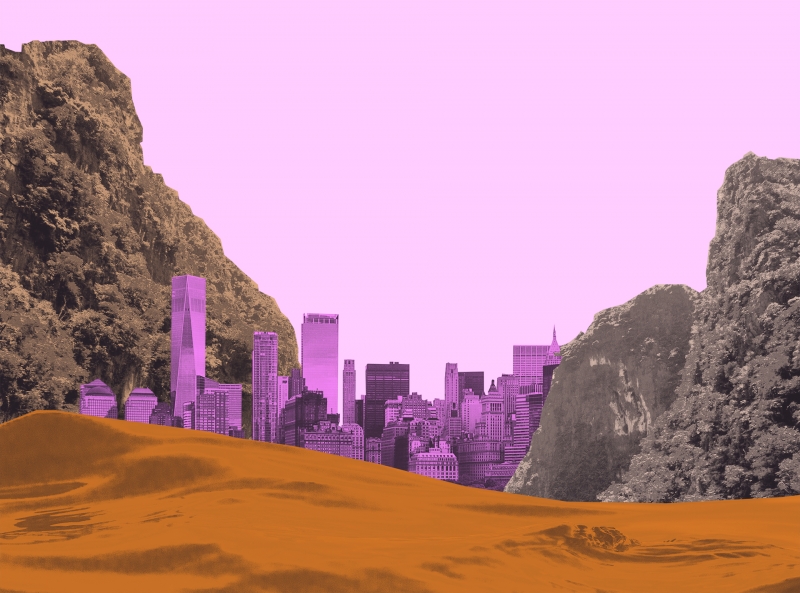Climate Emergency > Emergence, wrap-up
by the Climate Collective
With this final instalment, the Climate Collective reflects on its past year of programming. We recall highlights in the Climate Emergency > Emergence events and identify continuities and shared concerns among our many and diverse guest speakers' presentations. In addition, we situate the Climate Collective’s work within the last year of global climate breakdown, taking the four regional areas of our collective members into consideration: South Africa, Brazil, the United Kingdom, and the United States.
We close this public programme initiative with a discussion of the necessary ongoing work ahead: to invent new forms of life that help us escape from the extractive conditions of racial and colonial capitalism's death spiral by proposing modes of ethical relationality, care work, collective solidarity, and reparatory futurism.
— Climate Collective: T. J. Demos, Molemo Moiloa, Susan Schuppli and Paulo Tavares
2021 for me was the year that somehow marked a kind of realisation that we are in effective climate change.
Paulo Tavares
One of the most powerful experiences I suppose I had in 2021 … was this real sense of a radical impossibility of connecting the dots, to bear extremely localised situations of water scarcity and drought in very impoverished communities … when the cause of their experience is to be found elsewhere.
Susan Schuppli
|
The Climate Emergency > Emergence public programme initiative energises critical analyses and creative proposals in moving beyond catastrophism and toward the emergence of environmentally sustainable futures. Interdisciplinary in breadth and international in scope, the programme is conceptualised by the newly-formed 2021 Climate Collective: T. J. Demos (USA), chair and chief-curator, Molemo Moiloa (South Africa), Susan Schuppli (UK), Paulo Tavares (Brazil), geared toward assembling diverse cultural practitioners working at the intersection of experimental arts and political ecology.
As part of the programme taking place from April until December 2021, the Climate Collective has curated an online video screening series featuring films by a variety of international and local practitioners around themes addressed in the ongoing events. |
maat Explorations is a programme framework featuring an ongoing series of exhibitions, public and educational projects delving into the multi-faceted subject of environmental transformation from various scholarly and experimental vantage points – it brings philosophical and political perspectives forward, as well as sociocultural and technological investigations interwoven in speculative and critical practices in the arts and design at large.
Central to the discursive and critical effort of “maat Explorations” is the establishment of the Climate Collective, a rotating group of experts in the expanded field of contemporary art, design and technology that will each year propose a refreshed vision on the connection between creative practices, ecological thought and politics. |
-
Illustration: Lisa Hartje Moura.
Recognising the complexity of what it means to stop playing what can often be seen as development in contexts where people are really desperate and where migration is the only option.
Molemo Moiloa
At times when emergency strikes, when climate catastrophe strikes, there’s not really time to reflect or to analyse cause you don’t have critical distance, but we have been developing it over the years.
T. J. Demos
2021 maat Climate Collective
|
T. J. DEMOS
T. J. Demos, chair and chief-curator of the Climate Collective, is an award-winning writer on contemporary art, global politics, and ecology. He is a professor in the Department of the History of Art and Visual Culture at the University of California, Santa Cruz, and Founder and Director of the Center for Creative Ecologies. His work centres broadly on the conjunction of art and politics, examining the ability of artistic practice to invent innovative and experimental strategies that challenge dominant social, political, and economic conventions. |
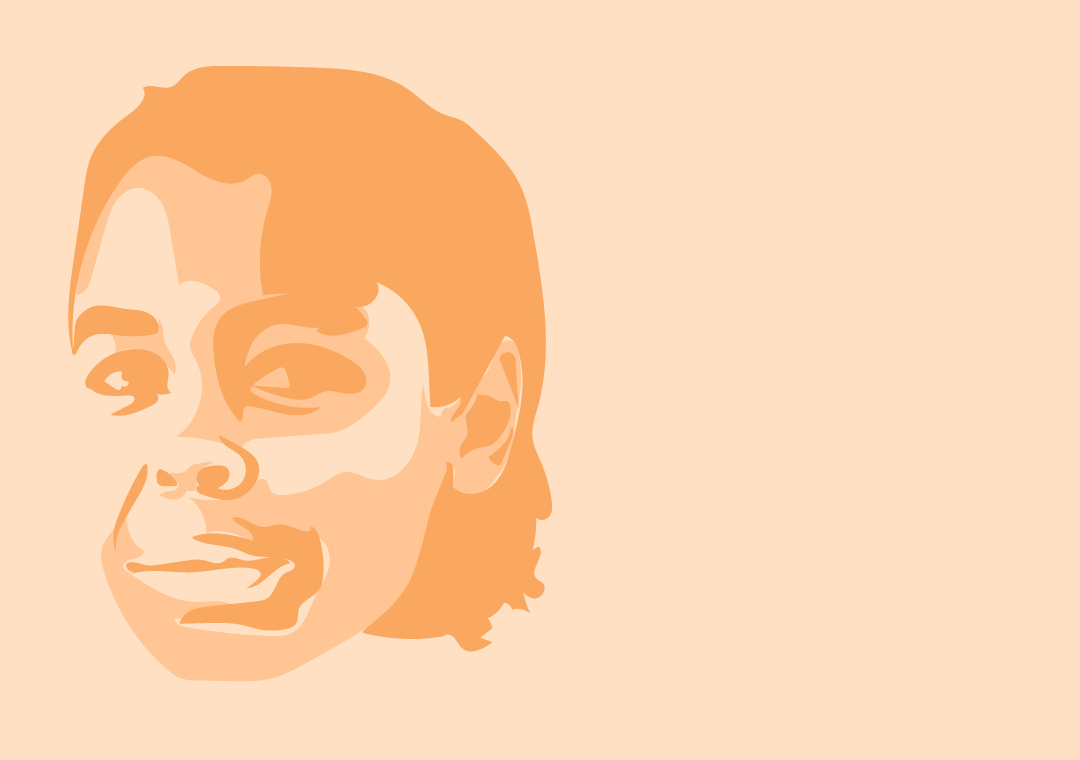
MOLEMO MOILOA
Based in Johannesburg, where she is a lecturer in Exhibition Histories at the University of the Witwatersrand, Molemo Moiloa brings an anthropological approach to the Climate Collective through her involvements in several projects regarding Pan-African museum practice. Her academic work has most recently focused on the political subjectivities of South African youth, and in 2013 she was awarded the John Blacking Prize for her Anthropology Masters dissertation. |
|
PAULO TAVARES
Paulo Tavares is a Brazilian architect, researcher and writer. Professor at the Faculdade de Arquitetura e Urbanismo (University of Brasília). Tavares’s design and pedagogic practice span different territories, social geographies, and media. His work is concerned with the relations between conflict and space as they intersect within the multi-scalar arrangements of cities, territories and ecologies. Tavares’s practice combines design, media-based cartographies and writing as interconnected modalities of reading contemporary spatial conditions. |
SUSAN SCHUPPLI
Susan Schuppli is an artist-researcher and writer based in London exploring how non-human witnesses, such as materials and objects, enter into public discourse and testify to historical events, especially those involving political violence, ethnic conflict, and war crimes. Her current work explores how toxic ecologies from nuclear accidents and oil spills to the dark snow of the Arctic are producing an "extreme image" archive of material wrongs. She is currently Director & Reader of the Centre for Research Architecture at Goldsmiths in London and Board Chair of Forensic Architecture. |


